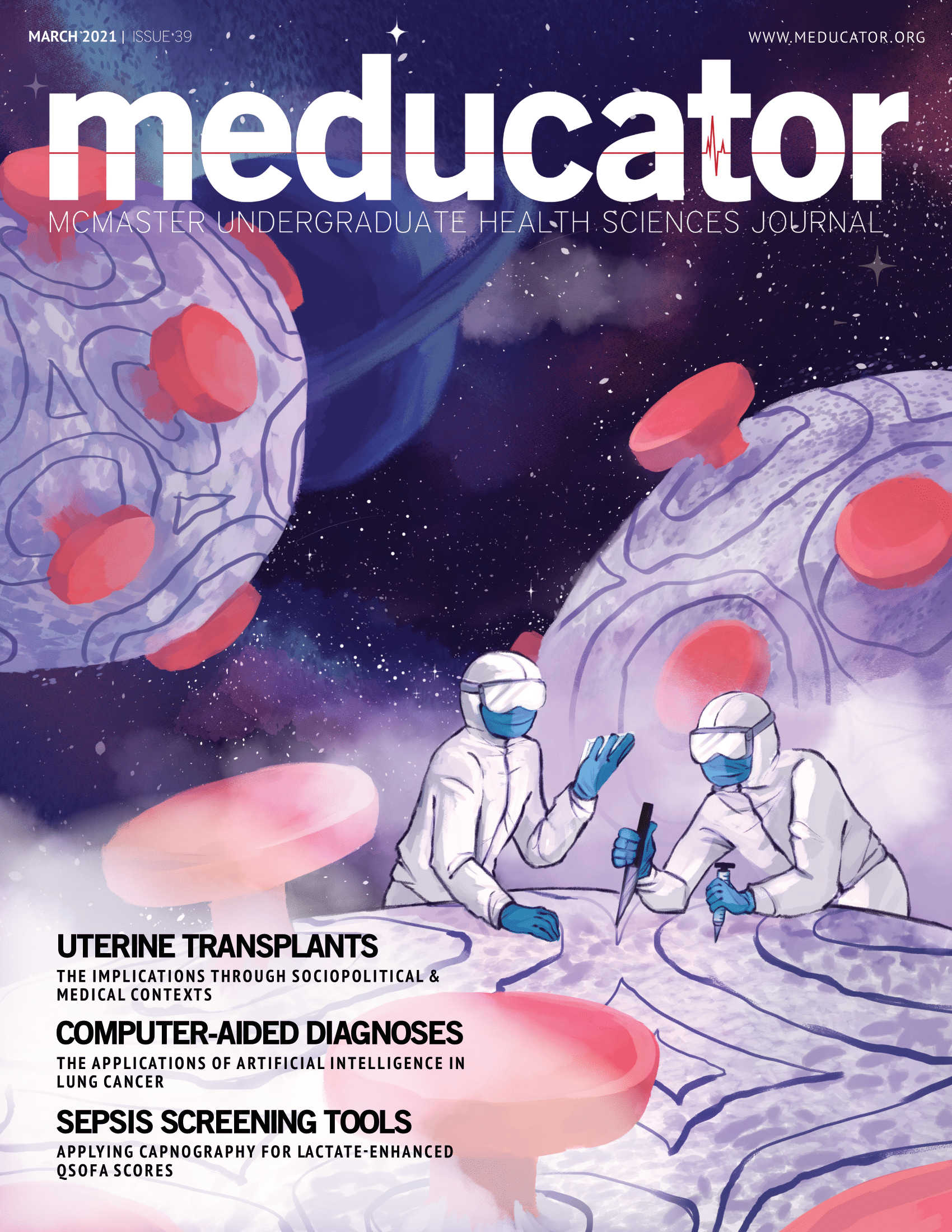Uterine Transplants
Evaluating the Implications Through the Sociopolitical & Medical Context
DOI:
https://doi.org/10.15173/m.v1i39.3302Abstract
There is an inevitable point where ethics meets medicine and the question of why becomes subject to debate. In 2019, the Cleveland Clinic became the first North American institution to successfully deliver offspring from a uterine transplant (UTx) and —while this suggests infinite implications for infertile and transgender women— the associated medical, emotional, and financial risks challenge the reasons for why it should be operationalized in hospitals. Reasons for undergoing UTx are two-fold: (1) having the ability to carry offspring and (2) furthering the anatomical transition process in male-to-female gender affirmation procedures. Emerging literature argues that there should be “an individual right of people to exercise control and shape their role in reproduction” and sexuality, while others say that the dire aftereffects leave the patient in a better state before UTx. In this piece, we dissect the benefits and disadvantages of having UTx and recommend whether or not it should be practiced. We argue that surgeons should be more conservative in their practices and defer their use of UTx procedures until further research is done to diminish procedural risks.


